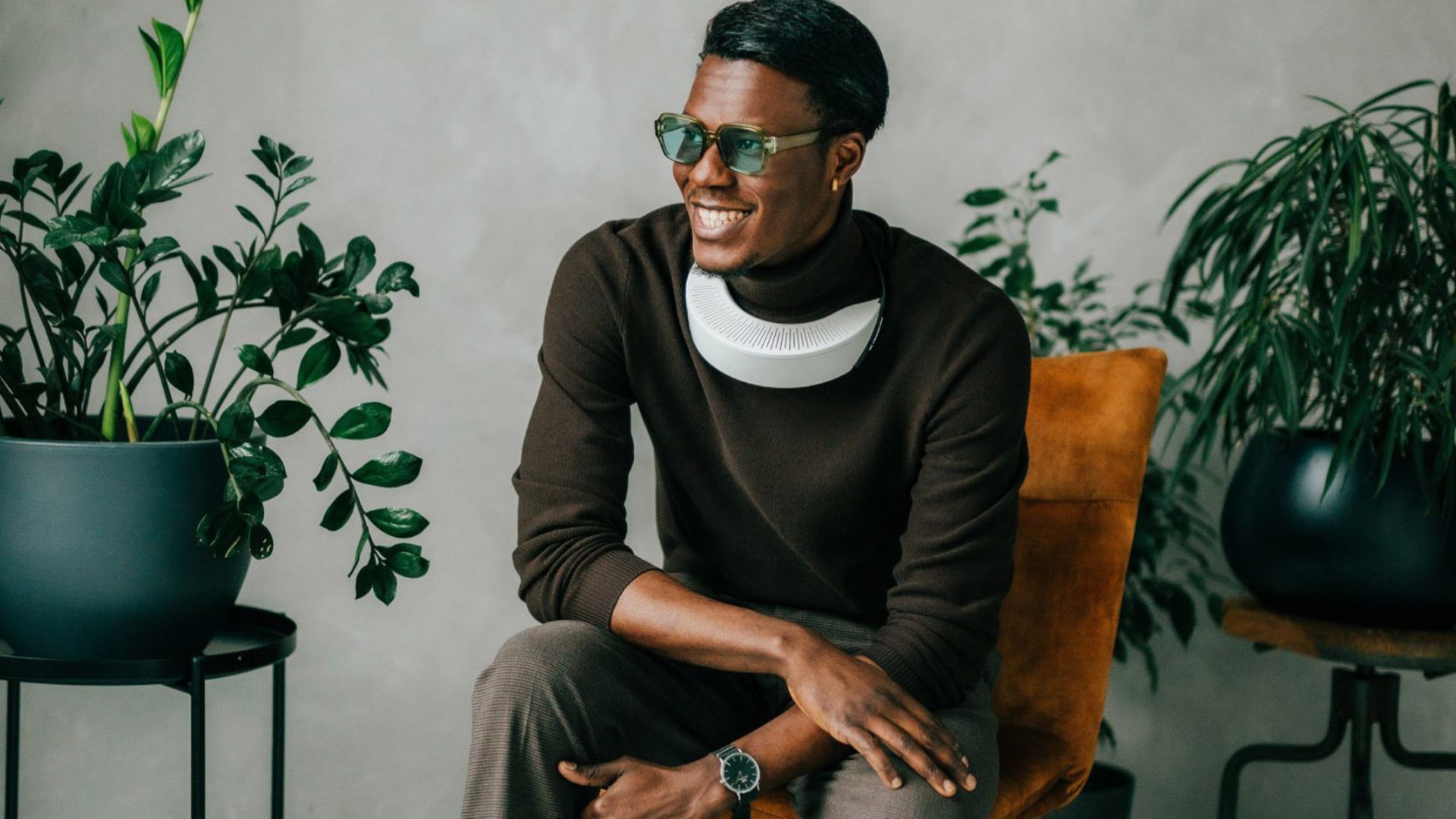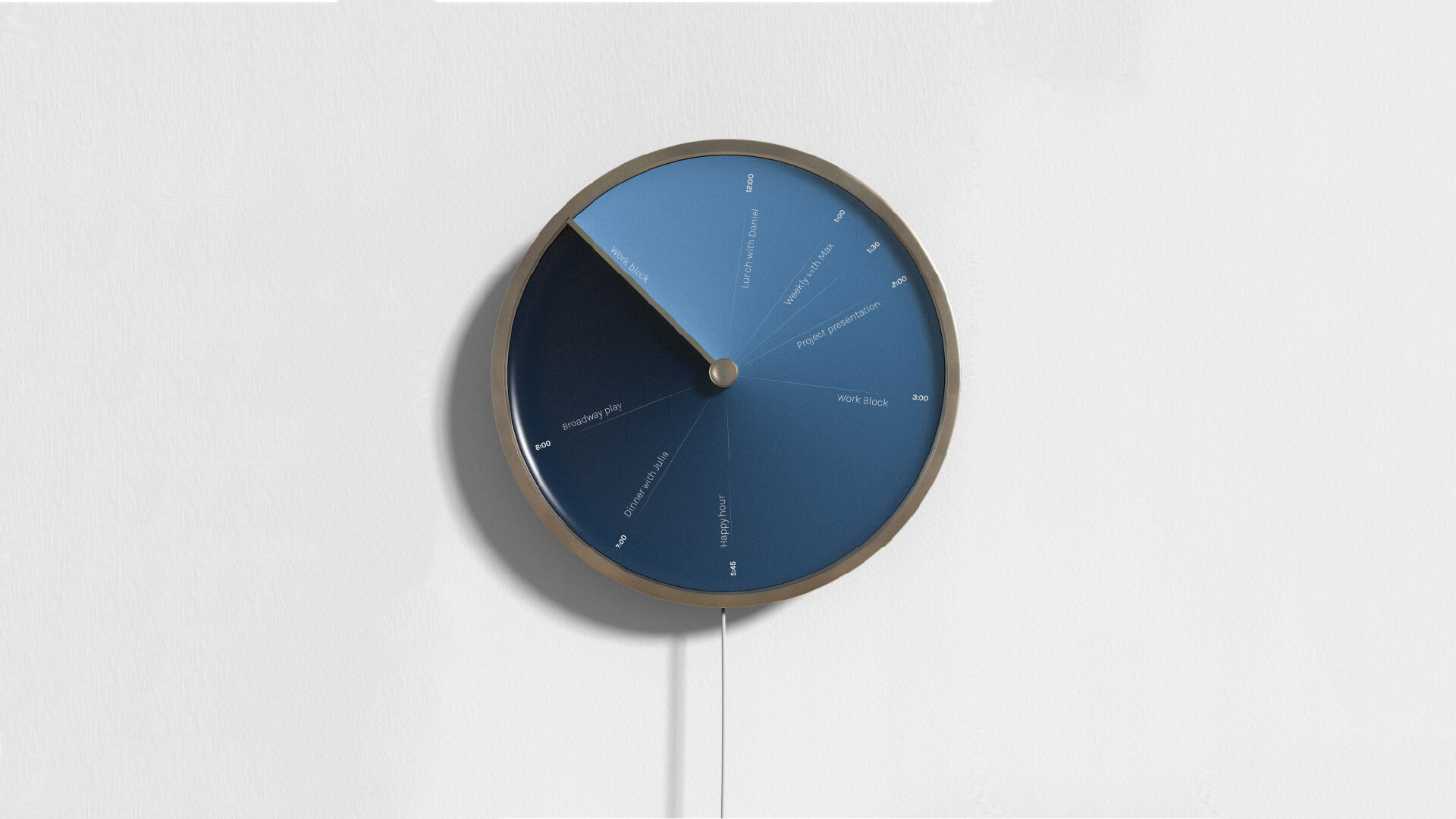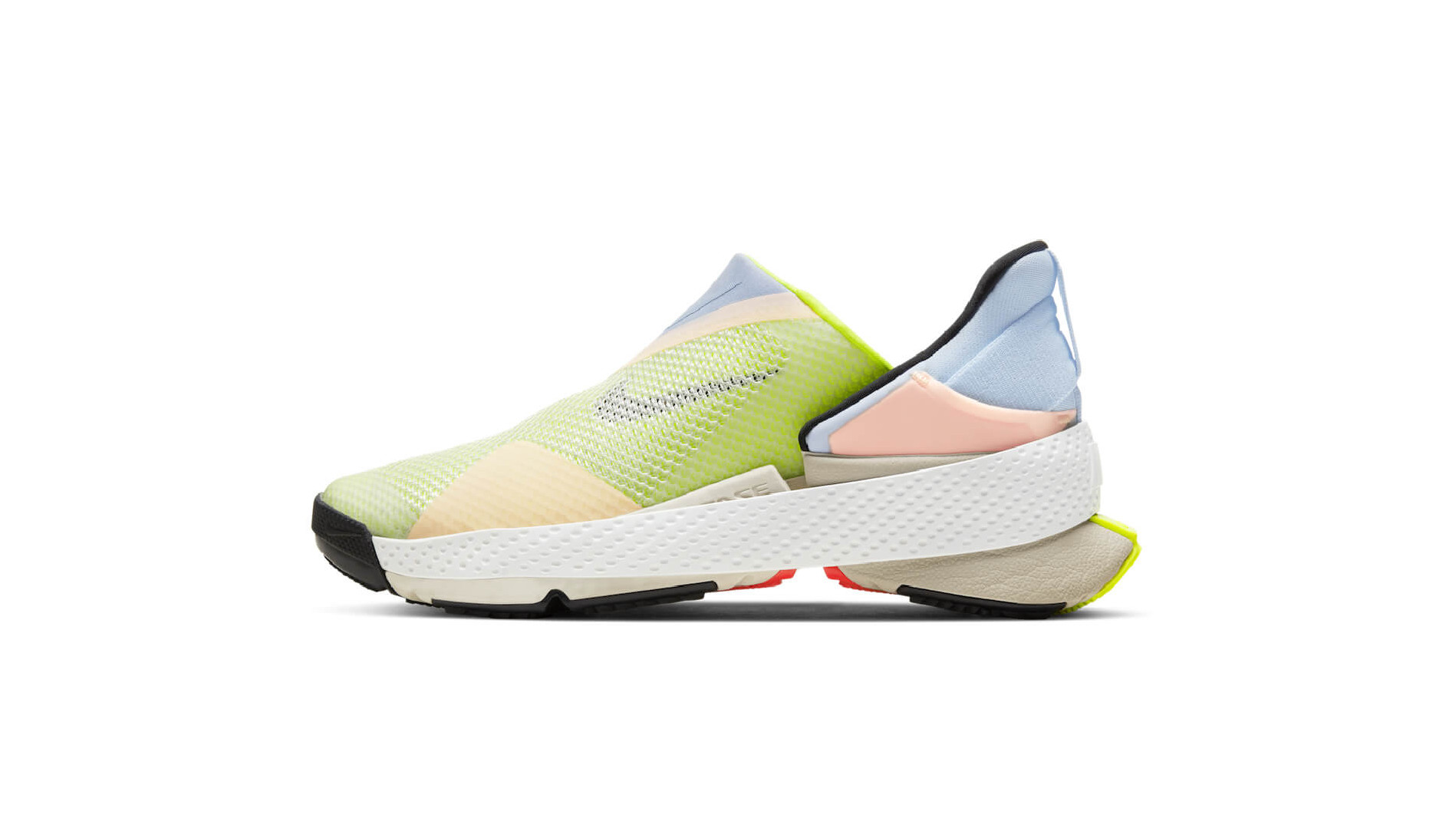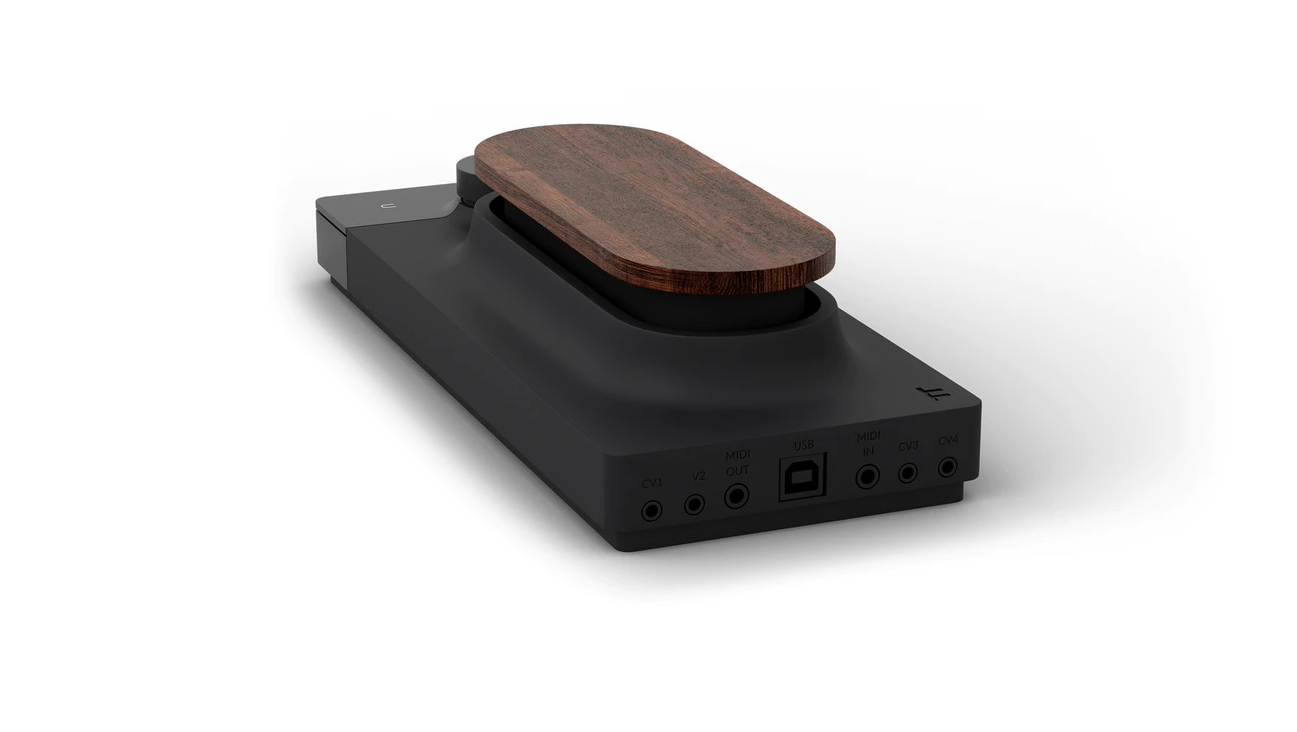DesignEuropa Awards celebrate excellence in design and design management
The winners of this year’s DesignEuropa Awards celebrate forward-looking pioneers within the design industry during Dutch Design Week.

The DesignEuropa Awards, which are held during Dutch Design Week every two years, were initiated with these statistics in mind, in order to commemorate designers and companies that bring their works to the market with the protection of the Registered Community Design (RCD), a unitary intellectual property right, valid in every Member State of the EU.
The use of Intellectual Property across Europe is a huge industry. According to research from the EUIPO and the European Patent Office, industries that make use of design protection are responsible for supporting over 14 percent of all employment in the EU, which comprises around 30.7 million jobs. These companies contribute to over two trillion euros of the EU’s gross domestic product (GDP).
Gallery
Open full width
Open full width
The event, which is now in its third edition, celebrates excellence in design and design management among RCD holders. Organised by the European Union Intellectual Property Office (EUIPO), there are three awards: the Small and Emerging Companies Award, the Industry Award and the Lifetime Achievement category.
The Lifetime Achievement category is reserved for designers with a significant body of work, developed over the course of a career, who have had a significant impact on the field of design. Previous finalists from the past two editions include Italian housewares and kitchen utensil company Alessi and motorcycle manufacturer Ducati.

“Design is one of the driving forces of Europe’s economy, for both large and small companies,” says Julio Laporta, spokesperson and head of communication at the European Union Intellectual Property Office. “The DesignEuropa Awards are our small contribution to raise awareness on the importance of industrial design and recognise excellence and innovation at its best.”
“Following the success and emotional moments experienced in this third edition of the Awards, we are set to become a reference in the world of industrial design not only at European level but also in the international arena, where European design can shine even brighter.”
DesignEuropa 2021
This year, the winning products were chosen from over 750 applications from across the EU, and beyond. A jury of figures from the fields of design, business and intellectual property rights chose the final three based on the aesthetic value and visual appeal of their submitted designers, as well as their “demonstrable impact” on the marketplace.

Philips IntelliVue X3 wins the Industry category
A compact and portable patient monitor by Philips won the industry category highlighting the importance of design within the healthcare industry. The Philips IntelliVue X3 is designed to allow hospital staff to continuously monitor their patients and move safely through hospitals, acting as a multi-measurement module when connected to a bedside monitor. Once detached, it functions as a transport monitor.
“This type of technology has never been so needed – especially during the pandemic,” Sandra Lesenfants, the president of hospital patient monitoring at Philips, said while receiving the prize. One of the company’s missions is to design for customers where healthcare is difficult to access in order to drive better patient outcomes. As such, the device has been developed with an intuitive smartphone-style operation.

Relio2 wins the Small and Emerging Companies category
Relio won the Small and Emerging Companies category with its ultra-compact LED that mimics sunlight and improves colour clarity. It does so by making subtle chromatic variations more apparent to cameras and the naked eye. Portable, transformable and modular, it is manufactured and hand-assembled in Italy and comes with a stand that can mount up to five lights controllable by Bluetooth.
Unlike RGB+W lights, the Relio2 LEDs are calibrated to deliver a single consistent color and are sold in 3500, 4000 and 5700K, plus yellow, red, green and blue, full IR and UV versions. It is aimed at those who work with light including photographers as well as more niche professions that would benefit from a calibrated light source such as painting restorers or craftspeople working on the intricate details of products like instruments.

We had a chance to speakto the founder of Relio at theevent who explained to us the inspiration behind the product. “I’ve always been a very curious person,” explains Relio founder Marco Bozzola.“I spent my childhood and adolescence being passionate about practically everything. Those who, like me, know how to do a little bit of everything, often feel out of place.”
“The modularity that I wanted to give to Relio is my challenge to [this feeling]: I wanted to create a product with great character, but to make it available – and useful – to a large number of categories of users.”

“The customer himself, in fact, is made a participant in the birth of Relio, when he is offered a vast range of accessories to decline Relio in the most suitable configuration.”
“This passing of the baton, from producer to consumer, creates a strong emotional bond between customer and product, a very precious factor for the success of a small company, where customers must, of course, be the first fans of the brand itself.”
Lifetime Achievement Award
Finally, 92-year-old Catalan designer André Ricard received the special Lifetime Achievement Award who is probably best known for his iconic ashtrays and his industrial take on the 1992 Barcelona Olympic Games bearer’s torch. He is one of the most influential industrial designers of our time. His Copenhagen ashtray with its sober lines and minimalist design free from adornments, is considered a symbol of the 1960s. Meanwhile, a perfume bottle he created in 1968 is still in production and sold all over the world.

“For every single design professional, from a design student to anyone who is running a design consultancy or any in-house designer, their most valuable asset is their ability to design,” says Päivi Tahkokallio, Chair of Jury of the DesignEuropa Awards.
“The winners of this edition represent excellent European industrial and product design. They are all perfect examples of how design is a very powerful tool for supporting growth, attracting investment and creating jobs, amongst large businesses and SMEs alike.”
“The winning designs in both the Small and Emerging Companies category and the Industry category stood out for their overall quality and their deep consideration of a lot of aspects related to design as well as their responsible approach to the environment.”













